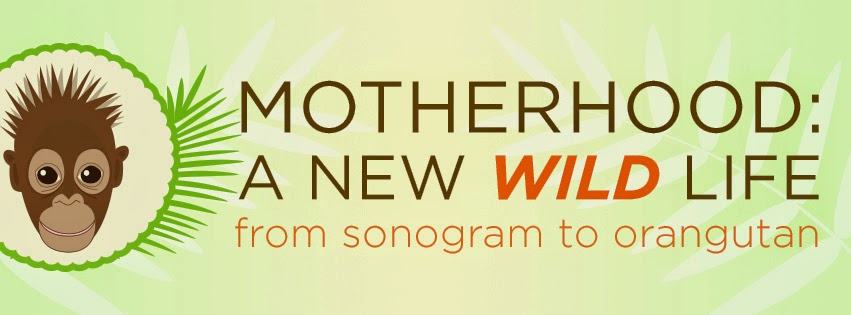When orangutans are observed in the wild or when they are orphaned in sanctuaries and rehabilitation facilities in South East Asia, the birth dates are usually unknown. Likewise, all current research indicates that cutting teeth – and when a baby starts teething – is less affected by environment than was previously believed. It is also something that varies with the individual animal as to how soon or how long it takes to start. That means that zoo babies can be good models for tooth eruption in wild orangutans even though they grow up in different environments.
Only 1 out of 6 orphans are lucky enough to be rescued – more than 1,000 orphaned orangutans are living in rescue and rehabilitation centers. Orphans may have lost their mothers because of poaching, or the mother might have been killed for wandering into an encroaching palm oil or paper plantation. Poachers who kill the mother often illegally sell the orphaned infant orangutans as pets.
By helping conservationists come closer to gaging the age of the orphans, this information can help them better plan and prepare orangutans for release into the wild. Also, more correct and consistent age assignment will help build stronger cases for enforcement of existing laws that protect orangutans in areas suffering from deforestation, poaching and other threats.

Ibu eats browse on exhibit with baby Khaleesi at her side.
So what do orangutans eat? In the wild, orangutans mainly eat fruit. However, orangutans also eat leaves, flowers, bark and insects. At the Zoo, Ibu eats a well-balanced diet that was researched, reviewed and compiled together by the Zoo’s commissary supervisor with the Zoo’s veterinarian. It consists of lots of healthy greens, non-toxic browse (browse is leafy high-growing vegetation), small amounts of grass hay, produce and biscuits fortified with vitamins and minerals. Adult orangutans are capable of opening hard—shelled and/or thorny fruits by gripping it firmly between their teeth and using one hand to manipulate it until a weak point is found, thereby breaking open the hard exterior. This feeding method enables orangutans to feed on certain vegetation before its ripe enough for other species such as elephants and various insects to eat.
Khaleesi will still nurse for 6-8 years, but she participates in some baby-led weaning, mouthing and sucking soft fruits. Right now, Ibu nurses Khaleesi every 2 to 4 hours.





